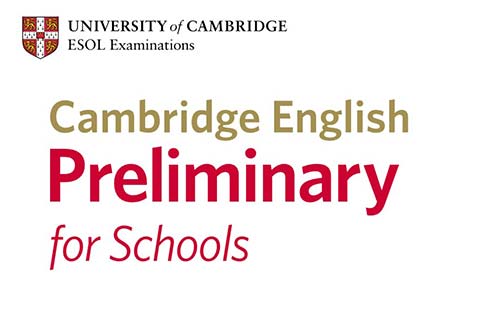It is true that many women find it easier to become pregnant if they do not take this contraceptive. I Bama had the same thoughts about the same things when i first heard that i could work at the csa. It’s not as easy as just buying generic drugs, since they need to be tested first and the results can be positive or negative.
Cambridge B1 Preliminary for Schools. Handbook for teachers for exams from 2020 with tips for preparing learners, sample papers and audio.
Cambridge B1 Preliminary for Schools
Table of Content
- About the exam
- Can Do summary
- Advice for teachers
- Advice by task for Reading, Writing, Listening and Speaking
- Tips for preparing learners for the Reading component with sample paper
- Tips for preparing learners for the Writing component with sample paper
- Tips for preparing learners for the Listening paper with sample paper
- Transcript
- Audio
- Tips for preparing learners for the Speaking paper with sample paper
- Speaking assessment glossary of terms
- Assessment for Reading, Writing, Listening and Speaking
- Language specifications
- Cambridge B1 Preliminary for Schools glossary
B1 Preliminary for Schools – an overview
B1 Preliminary for Schools is an intermediate level qualification in practical everyday English language skills. It follows on as a progression from A2 Key and gives learners confidence to study for taking higher level Cambridge English Qualifications such as B2 First.
Exam formats
B1 Preliminary for Schools can be taken as either a paper-based or computer-based exam.
Who is the exam for?
B1 Preliminary for Schools is aimed at school students who want to show they can:
• read simple textbooks and articles in English
• write emails on everyday subjects
• understand factual information
• show awareness of opinions and mood in spoken and written English.
Who recognises the exam?
The B1 Preliminary for Schools certificate is recognised around the world as proof of intermediate level English skills for industrial, administrative and service-based employment. It is also accepted by a wide range of educational institutions for study purposes. Cambridge English Qualifications are accepted and trusted by thousands of organisations worldwide.
What level is the exam?
B1 Preliminary for Schools is targeted at Level B1 on the CEFR. Achieving a certificate at this intermediate level proves that a candidate has mastered the basics in English and now has practical language skills for everyday use.
DOWNLOAD THE PDF FOR FREE
LISTEN TO THE AUDIO FOR FREE
Click here for more Cambridge English Sample Papers






What’s Happening i am new to this, I stumbled upon this I have found It positively useful and it has aided me out loads. I hope to contribute & help other users like its helped me. Great job.
Hi there, simply became aware of your weblog via Google, and found that it’s truly informative. I am going to be careful for brussels. I will appreciate if you happen to continue this in future. Numerous other folks will probably be benefited from your writing. Cheers!